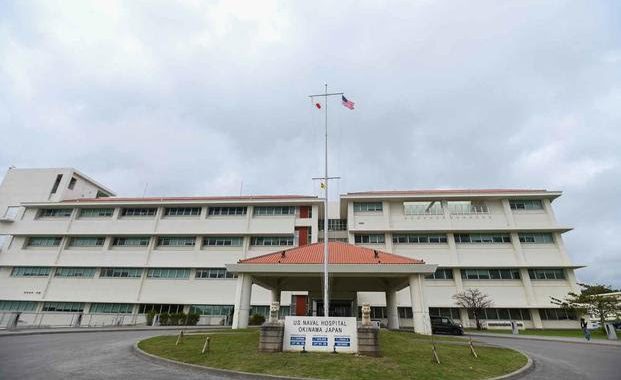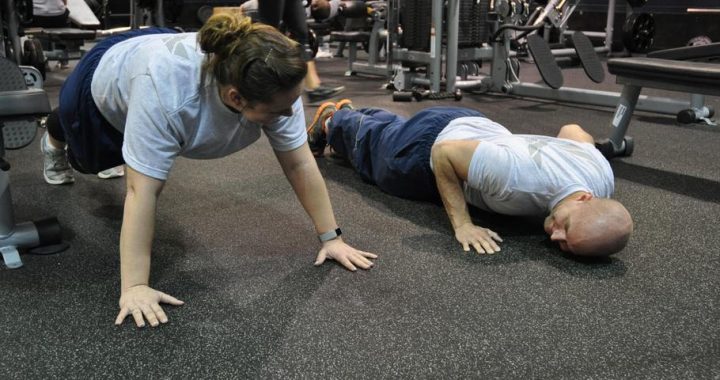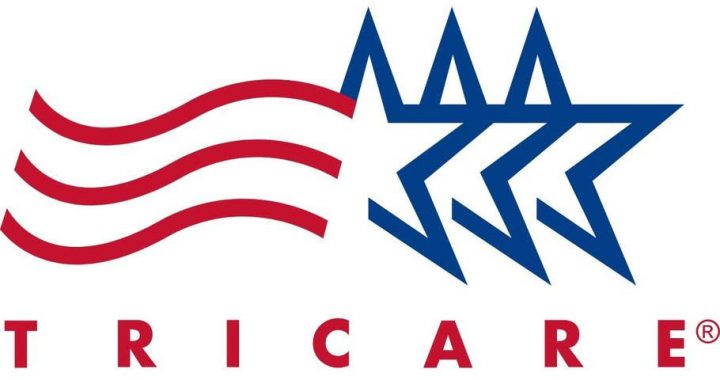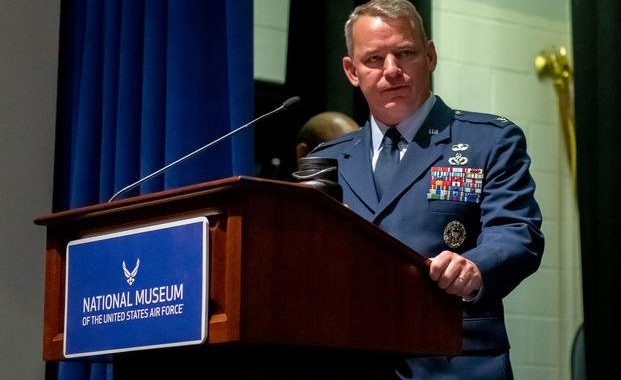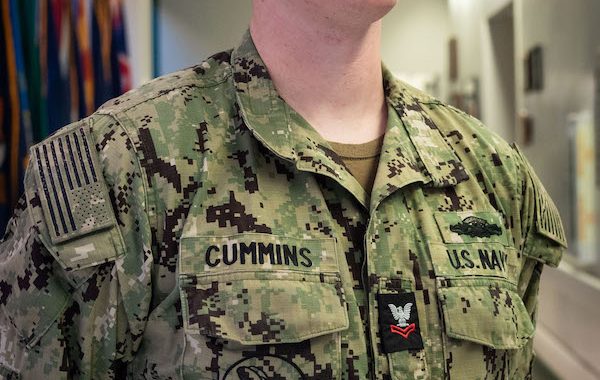The Frontline of Healthcare
4 min read
Story by Airman Hope Geiger
180th Fighter Wing Ohio National Guard
On the frontline of healthcare, medical technicians are one of the first faces an individual sees when visiting a medical facility. From, administering immunizations to assisting in aeromedical evacuations, these trained professionals supply critical support and are valuable members of any healthcare team.
Senior Airman Kathryn Dobbs, an aerospace medical technician assigned to the 180th Fighter Wing, Ohio Air National Guard, worked alongside the Massachusetts Air National Guard’s 104th Fighter Wing, performing incentive flight physicals and tending to various medical issues that occurred while the units deployed to Patrick Air Force Base, Florida, Jan. 25- 10 Feb., 2019.
Medical technicians are considered the “jack of all trades,” explained Dobbs. Their basic duties include managing patient care from admission to discharge, participating in and leading training exercises such as self-aid buddy care, and performing other duties such as medical administration, laboratory, pharmacy public health and medical logistics duties. They also perform other specialized duties like aeromedical evacuations, allergy and immunization, neurology diagnostics and critical care.
“While rare, injuries still happen,” said Dobbs. “Having medical on these deployments allows us to treat our people in house instead of having to go to the clinic or even the local hospital. We had a few minor injuries here so far, and without medical our people would not be able to be treated so quickly.”
“If any medical concern comes up during the trip we are right there to take care of the issues rather than having them go to the clinic,” said Col. Joshua Wright, a Flight Surgeon assigned to the 180FW. “The big save with that is, if there is an issue then they have to register with Tricare in a different region, it’s a lot of paperwork, and then unregister when they get back to their normal duty station. If medical is along, it saves a lot of paperwork and hassle, plus we can take care of our people fairly easily.”
Throughout the two-week deployment, many Airmen from the 180FW, 104FW, 301FW and 45th Space Wing received a special opportunity to get an incentive flight to fly in a fighter jet. Incentive flights are special flights provided to outstanding Airmen who continually go above and beyond in their primary duties. Before they can fly, they must meet certain physical requirements to be qualified to fly.
Dobbs has worked alongside two flight surgeons from the 104FW, Lt. Col. Mark Prete and Maj. Tina Nguyen, performing incentive flight physicals for four different guard, active and reserve units.
For flight physicals, Dobbs checked the Airman’s vitals to see that they are within normal limits, their weight, sitting height and leg measurements, lung and heart sounds, ears, abdomen and musculoskeletal system. There are certain criteria Airmen must meet before being able to safely fly in a fighter jet, and if they met those standards a flight doctor from the 104FW would then perform a physiology brief. This briefing explains what can happen to the body when in the jet and how to properly prepare for the flight.
It is important to the mission, for medical, to be able to work alongside other units. For the first week, the 180FW only had two medical technicians and no flight surgeon, while the 104FW deployed their flight doctors and no medical technicians. They were able to work together to complete approximately 30 flight physicals.
“It is a part of what we do in the Air Force, we are always training with other people,” said Wright. “If we ever come in contact with other units, we’re always able to share our best practices, get different ideas on how to improve our own way of things and help them if they have issues as well. It is always good to collaborate with other units.”
While working alongside other units, Dobbs has been able to learn some new things in her career field.
“I’ve picked up a few new tricks on this deployment just by watching the other doctors that have been here and them being so willing to teach me,” Dobbs explained.
Dobbs’ previous deployments have always been with just the 180FW medical group and the Patrick trip was her first opportunity to deploy with the entire wing.
“I’ve really enjoyed being able to meet everyone and learn about what they do,” said Dobbs. “Learning about and talking with people in other career fields has helped me learn what I can do to better improve their medical experience.”


